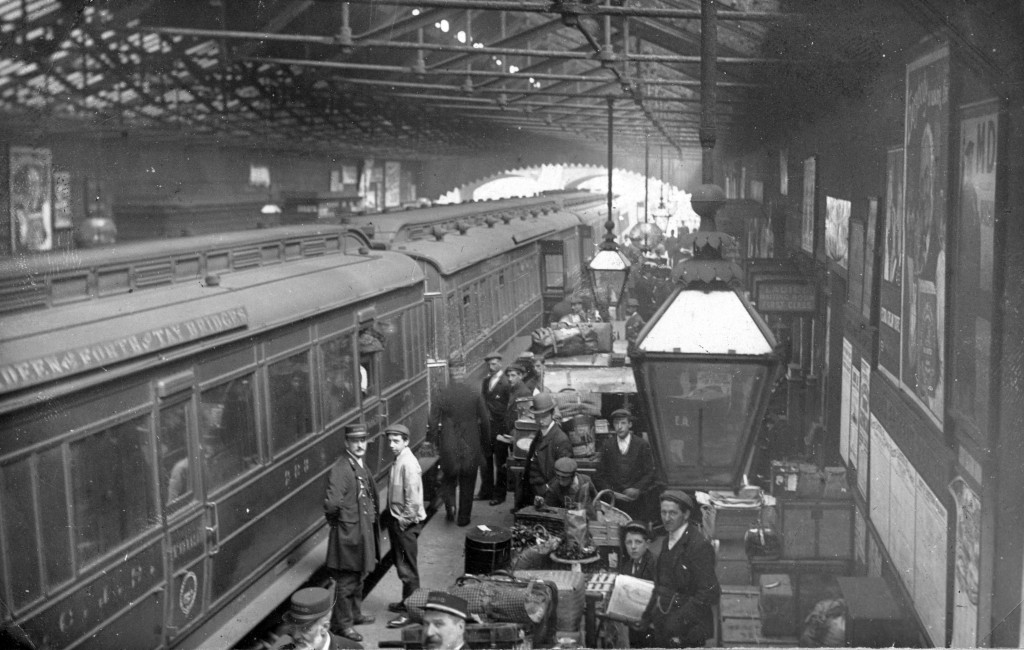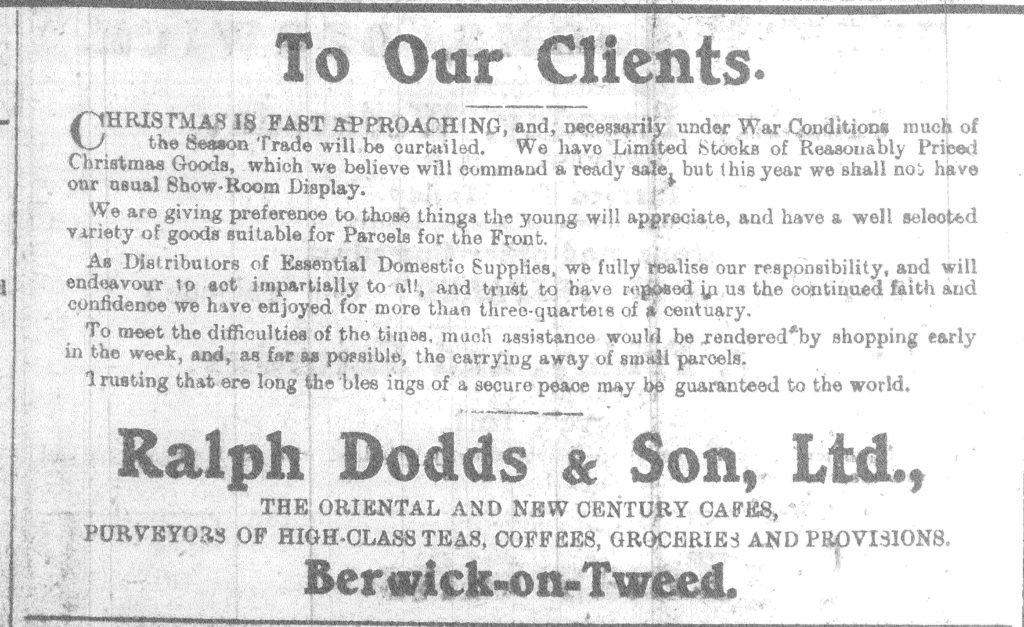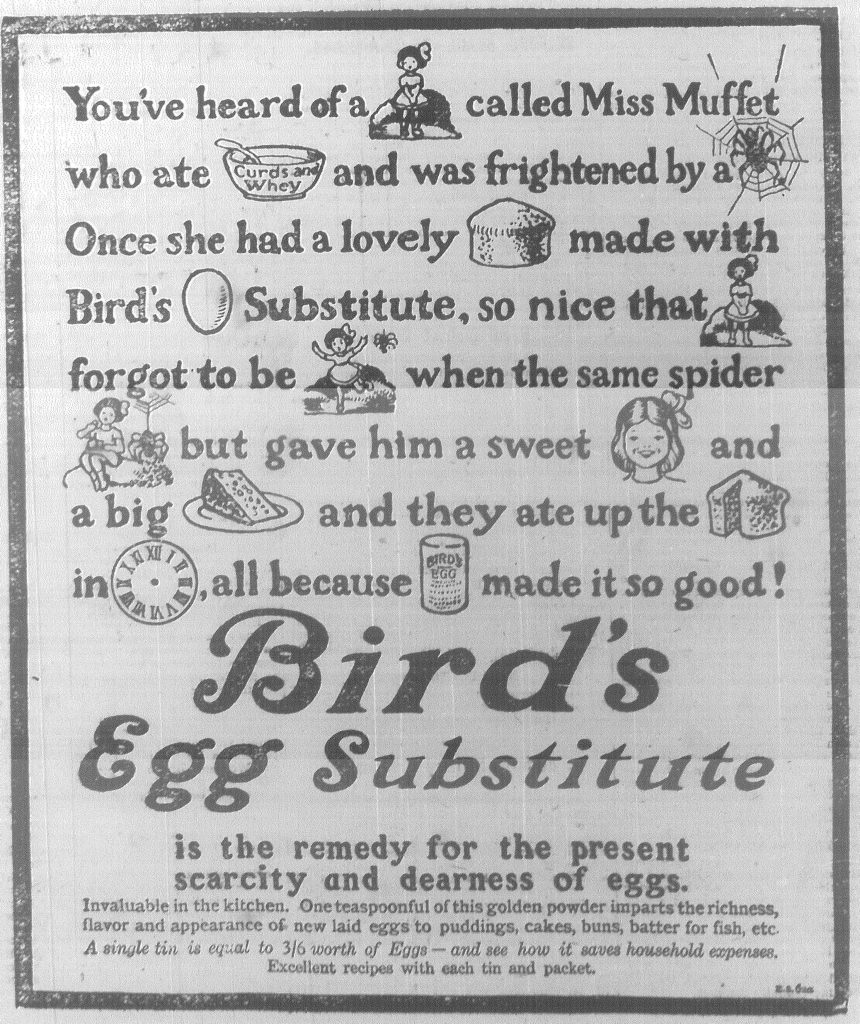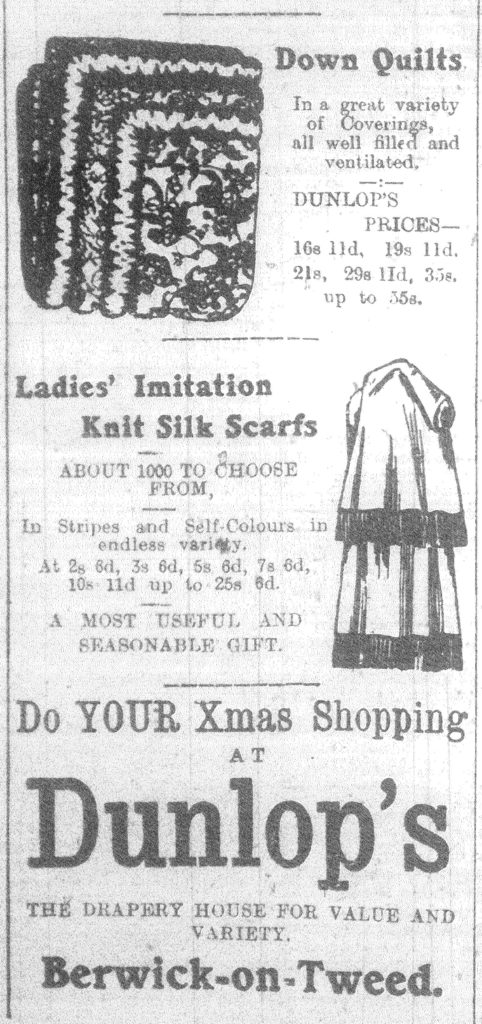BERWICK ADVERTISER, 14 DECEMBER 1917
HAPPY REUNION ON BERWICK STATION PLATFORM
The committee delegates who each night meet the last north bound train at Berwick, and on behalf of laudable institution which provide meals for soldiers and sailors coming off a long train journey, looks after the men’s welfare, have many strange experiences.
On Wednesday evening when Mr Thos. Boal, Mr Abbott and Mr Geo. Dryden were on duty as the train came in two K.O.S.B. men were happily re-united after having enlisted, trained, fought, and became casualty together.
“As the first lad came off the train, “said Mr Boal, “a K.O.S.B. lad came along, and we asked where he was going.” “To the Barracks, “he answered. “Then you better have a bite of supper before you go.”

Just then a Northern Cyclist came along, and he also was offered and accepted hospitality. Two other lads came along, and on one of them catching sight of the first lad, shouted “Hullo, Tom, old man; fancy meeting you here.”
The company adjourned to partake of a short repast, and as they talked the conversation brought out that these two lads had known each other before they joined up, had trained, were sent to France- had been treated at the same dressing station.
“Where did you get your blighty?” asked Mr Boal. “We were about Ypres with the –th then.”
“My friend here has a son who was with you as an officer and was wounded there.”
“What’s the name?” asked both lads.
“Lieut. Abbott,” said Mr Boal.
“Abbott,” shouted both lads, “why, he was our platoon officer.”
Truly the world is a small place after all.
LOCAL NEWS
Amongst local Volunteers the Battalion Shoot which will likely take place on the miniature range at Berwick is creating a good deal of interest. Eight men will be selected from each platoon to shoot off and the best eight shots out of the thirty two competitors will be selected to represent the Company when the Battalion Shoot comes off. Now is the time for local marksmen to uphold the name of the Borough. Another competition coming off is one of efficiency. All platoons will compete, and the best platoon of the local Company will meet the best of other companies in the Battalion. The most efficient platoon of the Battalion will be then chosen to meet the best platoon of Battalions in the Northern Command.
WAR NEWS
BERWICK LAD WOUNDED
Private Albert Richardson
We are sorry to hear that Private Albert Richardson, K.O.S.B., son of Councillor Peter Richardson, Church Street, Berwick, has been wounded in action. He has already been wounded once. Enlisting in the early stages of 1916 he was trained at Duddingston and drafted to France. In civil life he was employed as a grocer.
BERWICK MAN KILLED
We are sorry to learn that Private Walter Robson, K.O.S.B., son of Mrs Robson, Church St., Berwick, has been killed in action. He enlisted in the early stages of the war and was only a short time ago on leave. In civil life he was employed as a slaughterman at the Shambles, Berwick. The deepest sympathy is felt for the family in their bereavement.
TWEEDMOUTH LAD KILLED
Private Robert Stokoe
We regret to announce that Mr Thos. Stokoe, 66 Shielfield Terrace, Tweedmouth, has received word that his second and remaining son, Private Robert Stokoe, East Lancs., has been killed in action on November 28th. What makes it all the more sad is that only three months have elapsed since his brother, Private Jas. Stokoe was killed. Both these lads were worthy pupils of Mr Peacock, Boys’ National School, Tweedmouth.
Private Robert Stokoe in civilian life was a traveller for William Redpath and Son, and was very popular with everyone he came in contact with in and around the Berwick district. He was three times rejected before Lord Derby’s scheme came out, and subsequently he joined up in the Northumberland Fusiliers, but after ten days’ training he was discharged. In February of this year he joined up wih the Royal Scots Fusiliers (Labour Battalion) with whom after four weeks training he proceeded to France. After nine months work at the front he was transferred first to the H.L.I., and then to the East Lancs., with whom he met his death. He was a brave, generous, loving, cheerful young man, one of the very best. His letters home were always cheerful, and he was always “sticking it” well. The greatest sympathy will be felt for Mr and Mrs Thos. Stokoe and family on this second sad bereavement.




